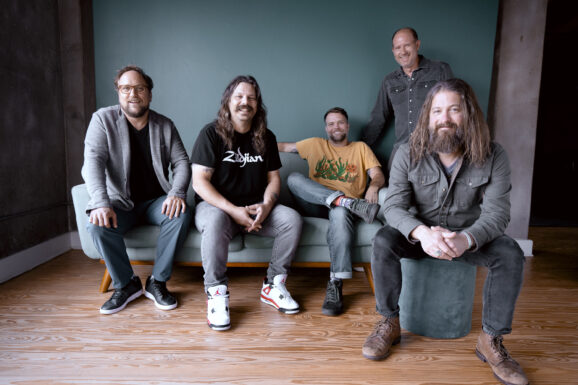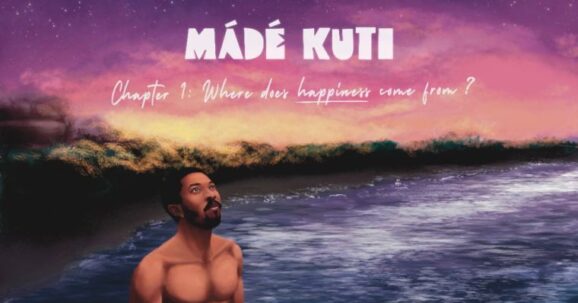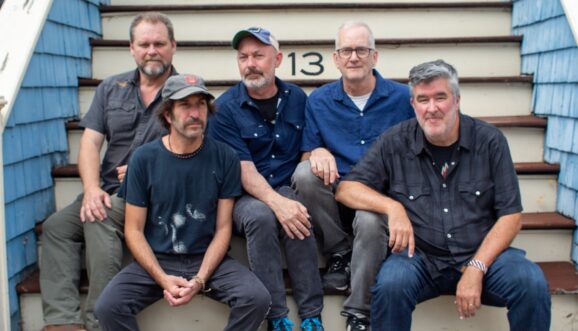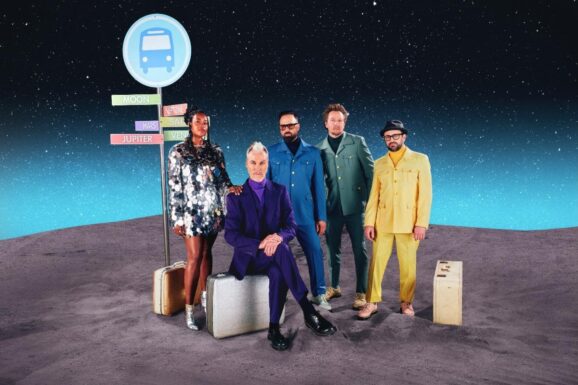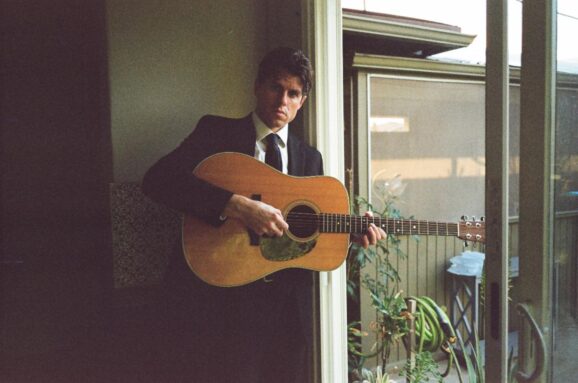Miles Davis once said that he never changed how he played; he just changed his surrounding accompanists. The same can be applied to guitarist Bill Frisell, as this 2-LP work by Orchestras attests to. This is Frisell’s fourth album for Blue Note, each with a different configuration, and is the 84th in his career. Frisell is clearly in his comfort zone with his long-time trio of bassist Thomas Morgan and drummer Rudy Royston. The trio is mainly playing familiar material from the “Frisell songbook.” He also taps his longtime producer, Lee Townsend, but beyond those ‘surroundings,’ this is a significant change. One performance has the trio fronting the 60-piece Brussels Philharmonic conducted by Alexander Hanson, and on the other, the 11-piece Umbria Jazz Orchestra under the musical direction of Manuele Morbidini, 16 tracks stretching across two albums. Although his name is not on the marquee, both engagements were arranged by Frisell’s lifelong friend and mentor, Michael Gibbs, a relationship that has endured for five decades.
Gibbs knows Frisell’s musical vocabulary and style as well as anyone and is responsible for these arrangements for both configurations, arrangements that evoke Gil Evans and undoubtedly several film scores along the way. His lush canvasses gorgeously frame Frisell’s trademark tone, natural melodicism, and unhurried phrasing. Yet, there’s an element here that the listener may otherwise be unaware of. The trio was given free rein. They didn’t need to read the music, so they were improvising, and the orchestras were reacting to and embellishing those moves. These projects require the utmost discipline from both ensembles, yet much of what you’ll hear is spontaneous. Chalk that up to the symbiosis between Frisell and Gibbs, too.
There are nine pieces with the Brussels Philharmonic, four by Frisell, two by Gibbs, one each from Ron Carter and Billy Strayhorn, and the public domain “Beautiful Dreamer” by Stephen Foster. Almost all of these are regular parts of his trio repertoire. Gibbs’ “Nocturne Vulgaire” opens with the symphony orchestra setting a melancholy, mysterious noir tone for the first two minutes before Frisell’s chiming guitar enters with Royston and Morgan, adding even a more profound swirling quality to the sonics. The orchestra retakes prominence, but Gibbs’ arrangement allows the trio to conclude with a flourish. “Lush Life,” performed by Frisell in vocal and instrumental contexts, is the perfect example of give and take between the trio and the orchestra in this setting. “Doom,” by Ron Carter, is recognizable as “Mood” off the Miles Davis Second Great Quintet album E.S.P. and appears on the second LP with the Umbria Jazz Orchestra. Every tune here would be a candidate for a film score, much of the moody and dramatic material conducive to Hitchcock. Another highlight of this first album is Gibbs’ “Sweet Rain,” the arrangement opening windows as the orchestra recedes for Frisell’s crystalline sound and gradually framing it to strengthen its impact. Royston’s signature cymbal flourishes indeed connote gently falling, sun shower-like raindrops.
The Umbria Jazz Orchestra, with its blend of brass and woodwinds versus the heavy string emphasis of the Brussels Philharmonic, adds completely different sonic textures. Ringing guitar notes reverberate and echo with more authority as the ensemble extends them. The blending sounds are captivating, and Frisell’s trio mates also seem more at the forefront. These pieces have a live jazz ensemble sound compared to the cinematic textures in the fully orchestral pieces. “Doom,” rendered by both ensembles, is the epitome of such, though it retains its deep noir quality in both. Opener “Lookout for Hope” brims with energy, as does “Levees.” “Strange Meeting” begins pensively but builds into highly suspense-filled passages. Royston, as it’s often been said, is much more than simply a timekeeper; he’s often another melodic voice. Every so often, Frisell puts his trademark spin on the blues as he does here on “Electricity” and, to some extent, in “Monica Jane,” the ensemble ebbing and swelling seemingly to each well-placed note of tightly woven riffs. He often ends his shows with “We Shall Overcome,” this version being wildly exultant and vibrant as the ensemble serves almost like a large gospel choir. It’s a glorious exclamation point to a stunning project.

